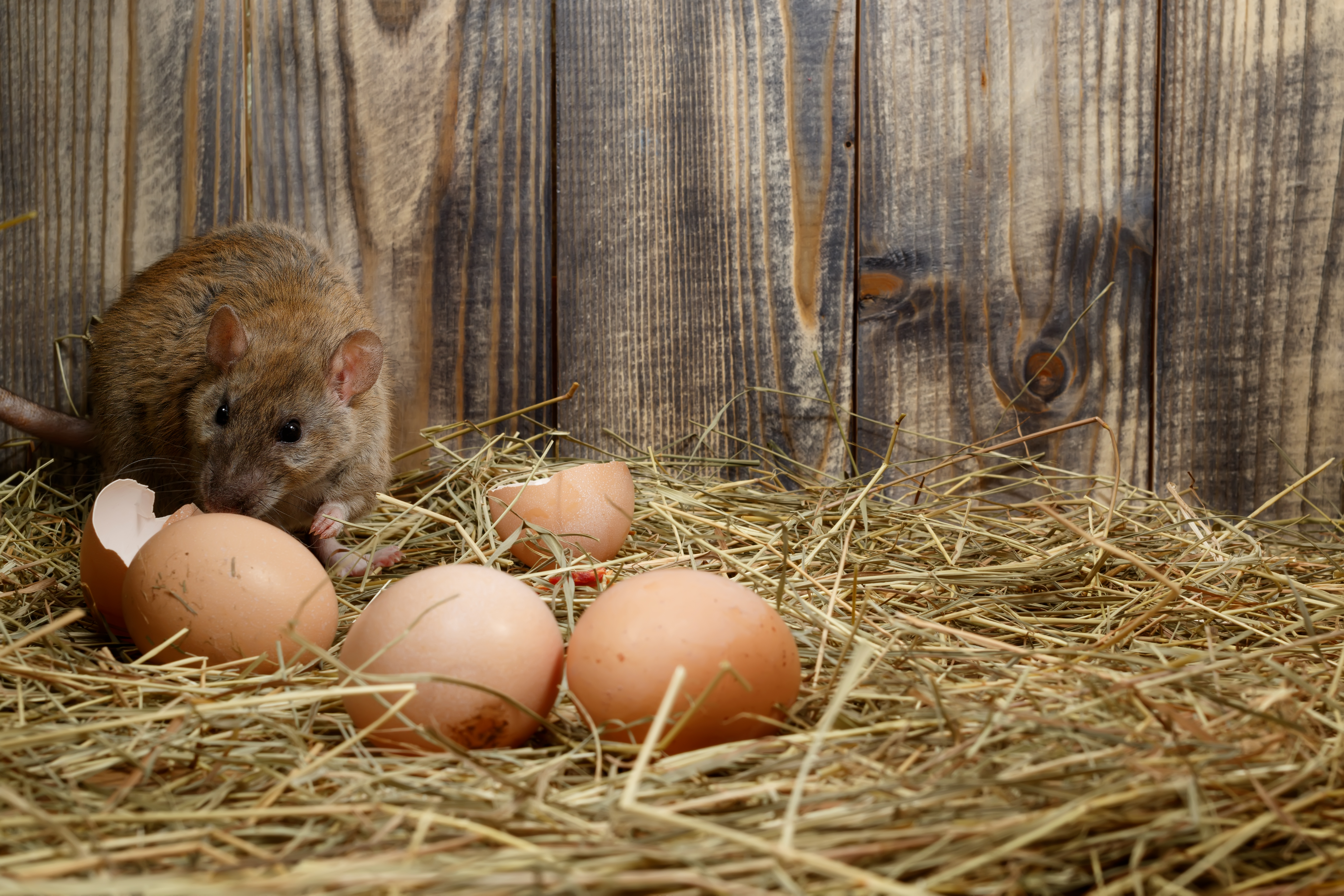The CRRU is working with the Animal and Plant Health Agency to identify areas where the L120Q gene has rendered rodents resilient to first-generation anticoagulant rodenticides and at least two of the second-generation group.
Tail-tip samples from freshly-killed rats and mice are particularly sought from central England where data is scarce, which CRRU says could mean control is “hit and miss”.
“Where resistant rodents are present, some rodenticide products will be ineffective,” said CRRU chair Dr Alan Buckle.
“Equally important is that where resistance genes are still absent, ultra-potent resistance-breaking products may be in use unnecessarily."
“This resistance testing scheme is a great opportunity for farmers to add some important local understanding to their existing rodenticide stewardship.”
NFU senior plant health adviser Spencer Collins
Hybrid resistance
Known areas of L120Q resilience include significant parts of the South of the country between Bristol and Dover and as far north as Oxford, and less clustered pockets in Devon, East Anglia, Greater Manchester, West and North Yorkshire, and along the River Severn valley from Somerset to north-west Shropshire.
Among second generation rodenticide compounds, the two most commonly resisted are bromadiolone and difenacoum, along with first generation compounds, warfarin and coumatetralyl.
In areas where resistance has already been confirmed, 75% of rats carried a resistance gene and one-in-five were found to have 2 different genes, known as “hybrid resistance”. Testing in house mice has also found that 93.5% carry a resistance gene, with many of these also having hybrid resistance.
NFU senior plant health adviser Spencer Collins said: “This resistance testing scheme is a great opportunity for farmers to add some important local understanding to their existing rodenticide stewardship.”
